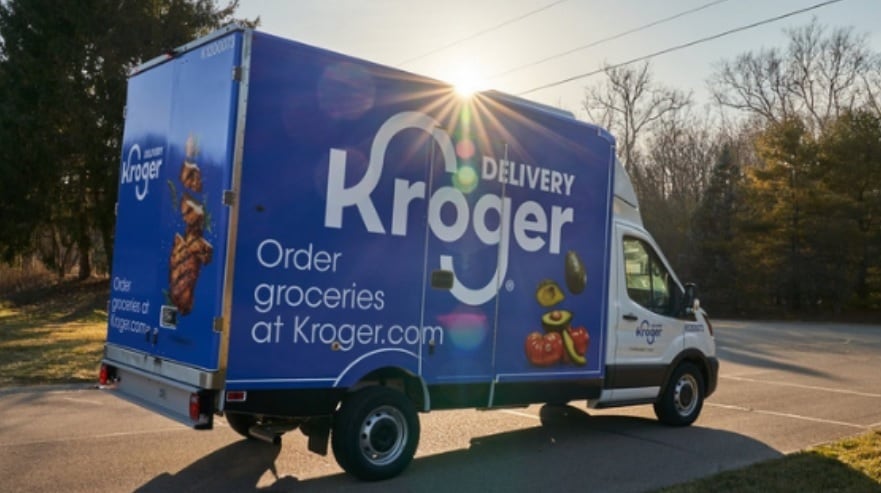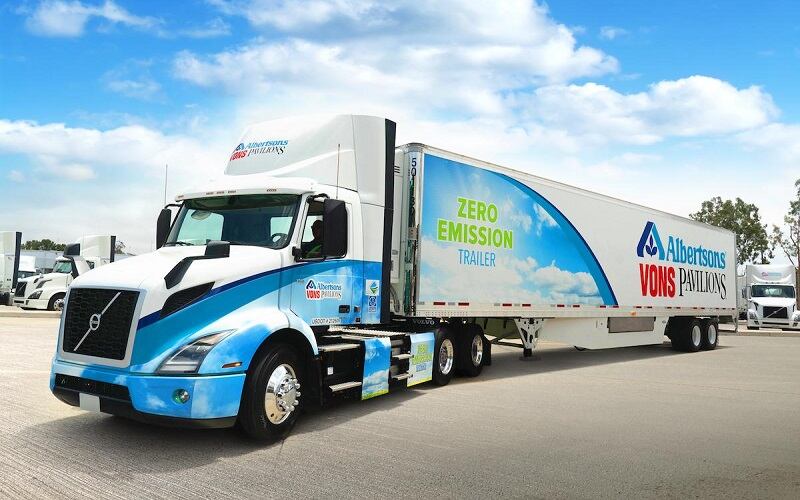In October 2022, Kroger announced intentions to acquire Albertsons and its affiliate stores to become the second largest food retailer behind Walmart. Since the announcement, the merger has hit several roadblocks, including a recent lawsuit from Washington Attorney General (AG) Bob Ferguson and Colorado AG Phil Weiser alleging the deal would reduce competition.
Now, the FTC has issued an administrative complaint, joined by a bipartisan group of nine AGs, and filed a lawsuit in federal court to block the acquisition, pending the FTC's administrative proceedings.
Kroger argues blocking the merger will "harm the very people the FTC purports to serve: America's consumers and workers."
FTC: The acquisition would 'eliminate fierce competition'
In a press release, the FTC said the acquisition would "eliminate fierce competition between Kroger and Albertsons, leading to higher prices for groceries and other essential household items for millions of Americans," which would "also lead to lower quality products and services, while also narrowing consumers’ choices for where to shop for groceries."
The FTC said Kroger and Albertsons' divestment of several hundred stores and assets to C&S Wholesale Grocers (C&S) as an "inadequate divestiture proposal," comprised of "a hodgepodge of unconnected stores, banners, brands, and other assets that Kroger’s antitrust lawyers have cobbled together."
The FTC, under Lina M. Khan’s leadership, has challenged and lost several big-name acquisitions in the last several years, including Microsoft’s acquisition of video game company Activision Blizzard and Meta from purchasing fitness app Supernatural.
“This supermarket mega-merger comes as American consumers have seen the cost of groceries rise steadily over the past few years. Kroger’s acquisition of Albertsons would lead to additional grocery price hikes for everyday goods, further exacerbating the financial strain consumers across the country face today,” said Henry Liu, director of the FTC’s Bureau of Competition. “Essential grocery store workers would also suffer under this deal, facing the threat of their wages dwindling, benefits diminishing, and their working conditions deteriorating.”
Kroger 'took considerable steps to position C&S to continue to successfully operate divested stores'
Kroger countered in a statement that it "has reduced prices every year since 2003, resulting in $5 billion invested to lower prices and a 5% reduction in gross margin over this period," which will be applied to Albertsons stores upon the merger. The company added blocking the acquisition "makes it more likely that America's consumers will see higher food prices and fewer grocery stores at a time when communities across the country are already facing high inflation and food deserts."
Kroger also defended its divestment plan, saying it "took considerable steps to position C&S to continue to successfully operate divested stores as part of its comprehensive plan," and ensured that no stores would be closed as part of the merger.
CSPI throws its hat in with FTC, urges additional investigations
While Kroger remains committed to the deal, the Center for Science in the Public Interest (CSPI) is supporting the lawsuit, saying that "the proposed merger could worsen existing anti-competitive retailer marketing practices to the detriment of smaller suppliers and consumers."
Retailers like Kroger and Albertsons "enter into cozy contractual relationships that place preferred brands of soda and other low-quality food items in multiple, desirable locations in the store, like check-out aisles, end caps, and floor displays," through the use of category captains, CSPI said.
CSPI believes these practices are anti-competitive, and in 2021, called on the FTC to investigate the use of category captains. The FTC followed up on that request in 2022 and asked retailers and manufacturers to supply international confidential information about the practice as part of an investigation.





